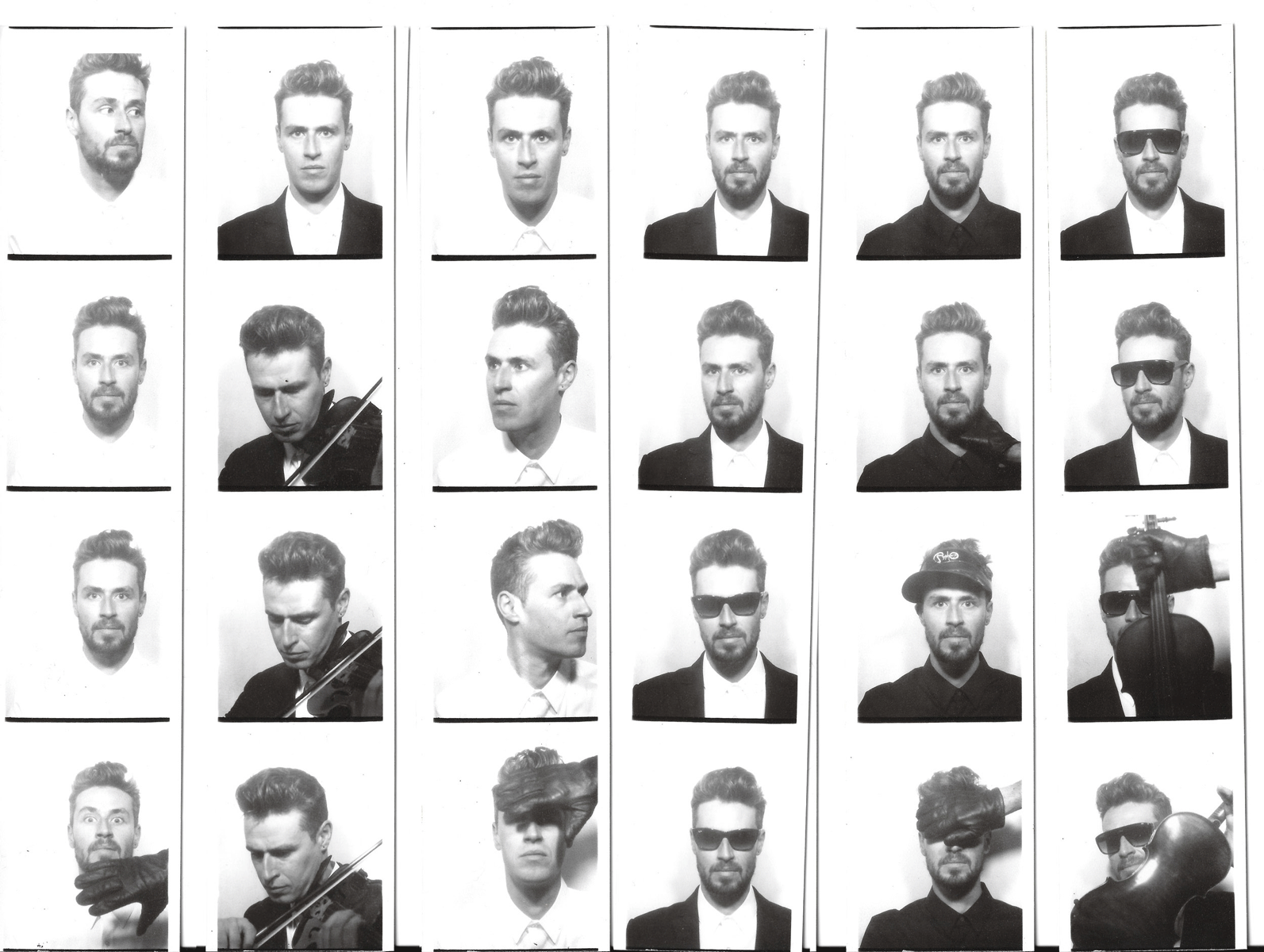(Le) Poisson Rouge Celebrates 10th Anniversary With An Eye Toward the Future
Billboard | By Dan Ouellette
High-profile club venues in New York tend to come and go, with only a few stalwarts managing to hang on amidst rising rents, changing demographics and gentrification -- and often, those that do manage to stick around and build a following end up getting absorbed by larger live-music conglomerates who take over ownership, management or booking. On the other hand, there's (Le) Poisson Rouge in Manhattan's Greenwich Village, which has maintained a determinedly-independent, artsy flair since first opening its doors in 2008.
On May 24, the genre-agnostic, landmark club will celebrate its 10th anniversary with the launch of its LPR X concert series, which will run through much of the next few months. LPR X will open with Thomas Bartlett and Nico Muhly debuting their new Nonesuch recording, Peter Pears: Balinese Ceremonial Music, and will continue through the summer into the fall with a polyglot mix of music, including the Bill Frisell Guitar Invitational six-string jazz blast; rockers Matthew Sweetand Pere Ubu; the avant-garde meeting of breakcore innovator Venetian Snareswith soundscaping producer Daniel Lanois; and forward-thinking new classical performances such as the club's house group Ensemble LPR collaborating with indie rock favorites Clap Your Hands Say Yeah!
Founded in June 2008 and occupying the space of the once-heralded Village Gate jazz club, LPR has been a high-risk 10-year adventure, successful not only in its Bleecker Street location, but also as the branded operation LPR Presents that books music in a mix of larger venues (Town Hall, the Apollo Theater, Beacon Theater) and more intimate settings (Nublu and the Murmrr Theatre). The mission of LPR: To open the ears of New Yorkers to "disparate styles under one roof," says co-founder David Handler, the composer/violinist who is also the artistic director of Ensemble LPR.
"This had never happened before in New York," Handler says about initially opening LPR. "This type of eclecticism that we present is more common in Europe. We have an interdenominational approach. At the beginning, it was daunting to fill a 700-plus room with opera as well as indie rock, string quartets as well as jazz. But we figured if we build it, the audiences will come."
Handler says LPR fills a niche that's not being met by music institutions uptown that rely on set programming of the classical and jazz canons booked far in advance and funded by subscription models. "We have a younger demographic that enjoys being spoon-fed music that pushes their ears," he says. "We have established trust by appealing to intrepid listeners. When you see how many albums are being recorded each week, there's more of a priority for curators to show the breadth of new material that goes missing. And because we don't book far out, we can be more agile and at times present premieres of music."
"We've figured out a formula that works," says LPR artistic director Brice Rosenbloom, who books the club and other venues as well as oversees the expanding multi-venue annual Winter Jazzfest in January. "It's been a challenge, but we have valued presenting music that should be heard. We try to be less conventional and push the boundaries. We're proud of the diverse number of genres we present. We're never pigeon-holed like a jazz club or a classical venue. We welcome the broad spectrum. We may book music that is not familiar or is mysterious, but we do create our own characteristic. We're educating people with a curatorial tinge to the programming."
Another key component to LPR's success in the days of digital streaming and YouTube is the opportunity for listeners to see new music being created in front of them. "We're appealing to people who are committed to a more bespoke experience," Handler says. "They're looking for a human connection that's lacking in digital."
While LPR recently signed another 10-year lease on the space, LPR Presents is expanding its reach and may even take its brand to other markets. "We've been continuing to champion artists that are not a fit for Bleecker Street by booking shows at places like Town Hall," Handler says. "But a big part of the future is to take the LPR philosophy and model to other locations outside of New York. It's all about serving quality to more adventurous listeners in music cities like New Orleans, Chicago, Los Angeles."
Looking ahead, Handler is optimistic about LPR's future. "I'm encouraged by the omnivorous listenership," he says. "People are looking for more adventure and music that speaks to them. That need will always be there, and we're committed to staying ahead of all the new music coming out there. The big biz concert promoters like Live Nation appeal to different consumers, but we're doing the full gamut of good art.
"We're like the David and Goliath story," he adds. "We're doing well."
A version of this article is available online here.


